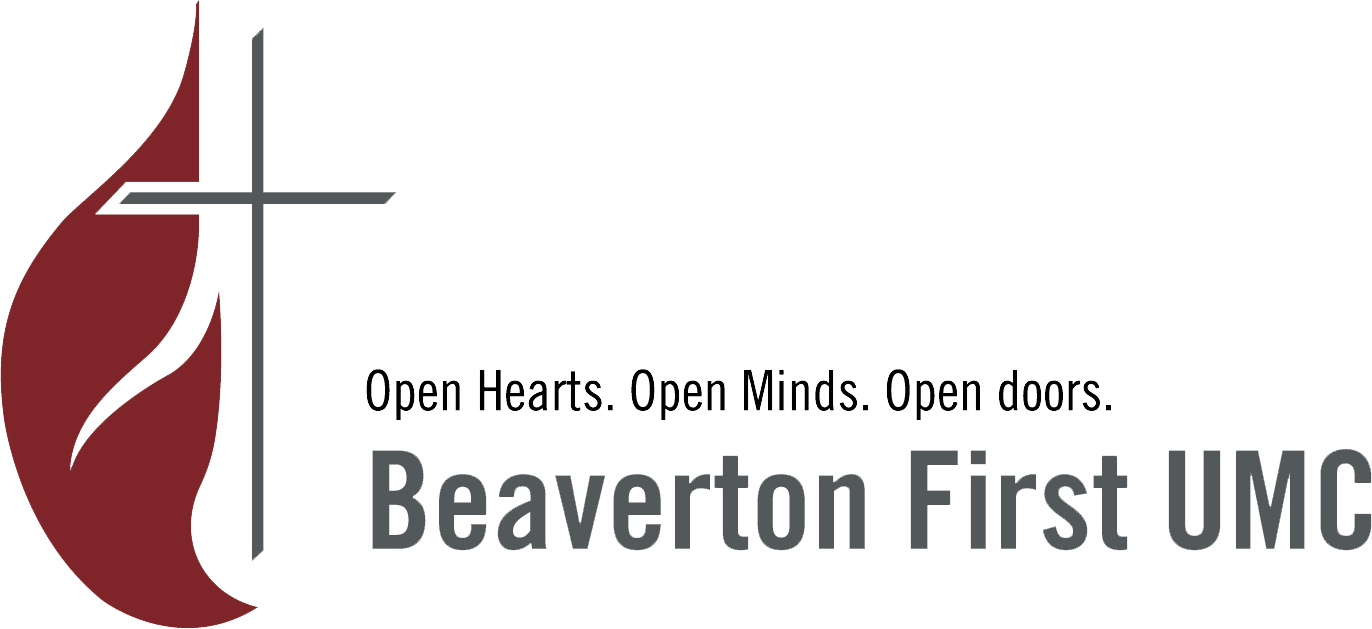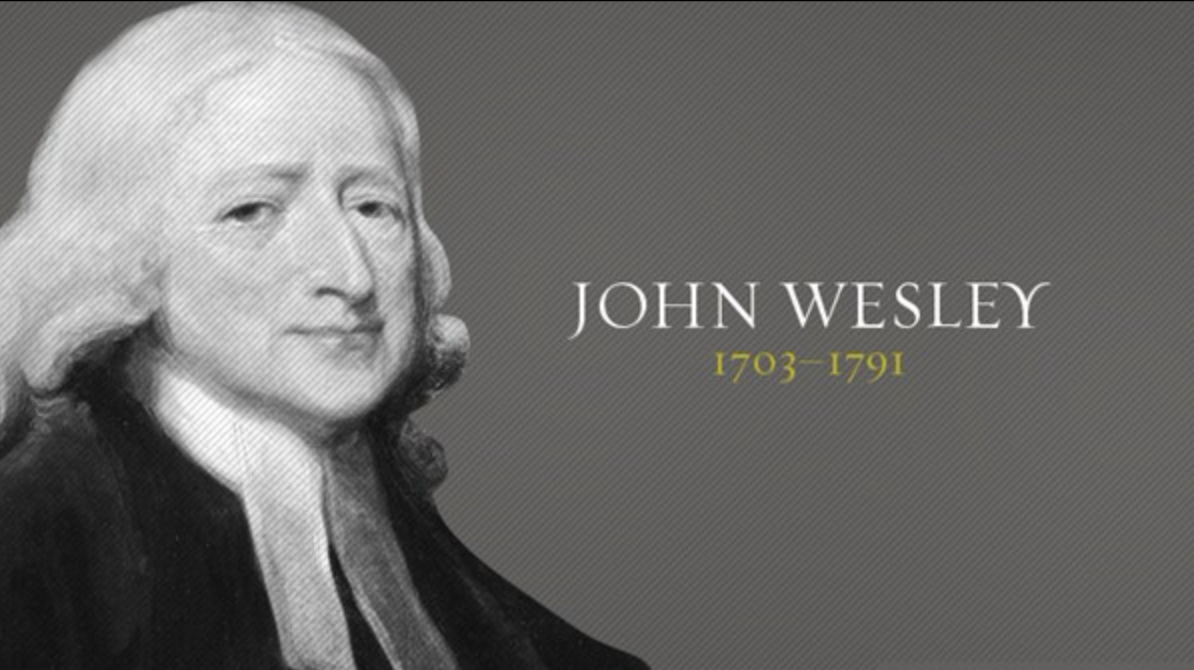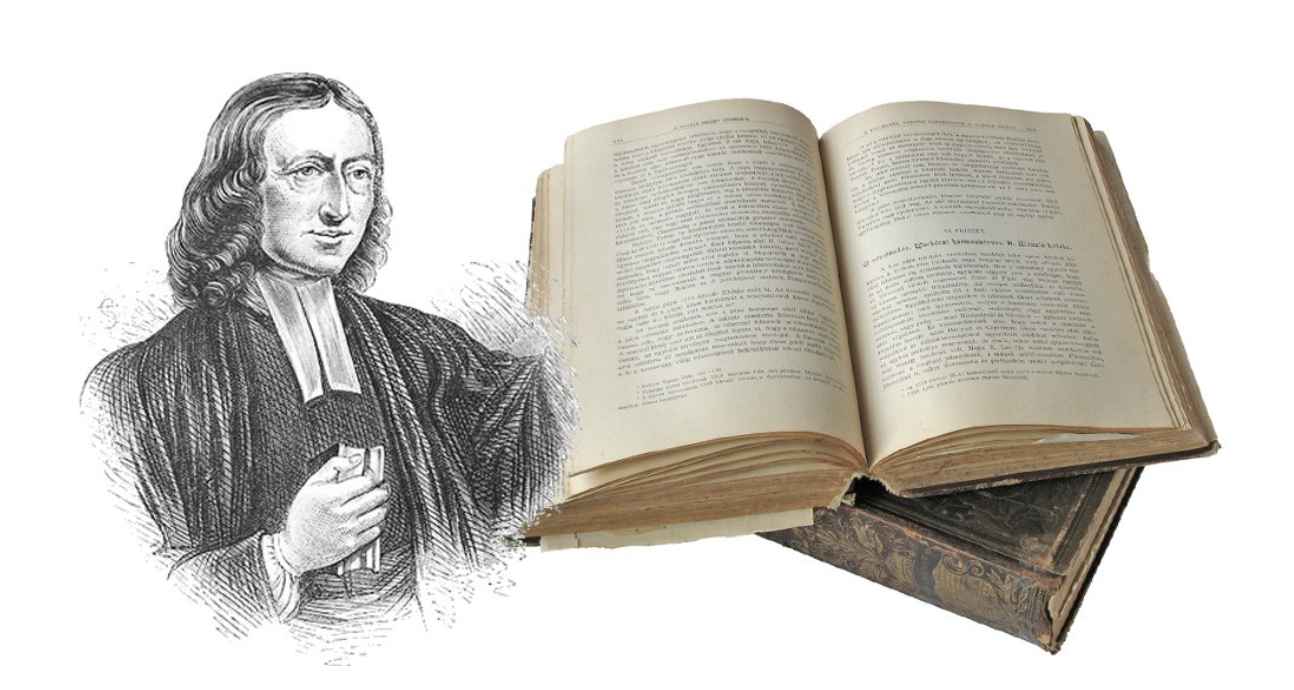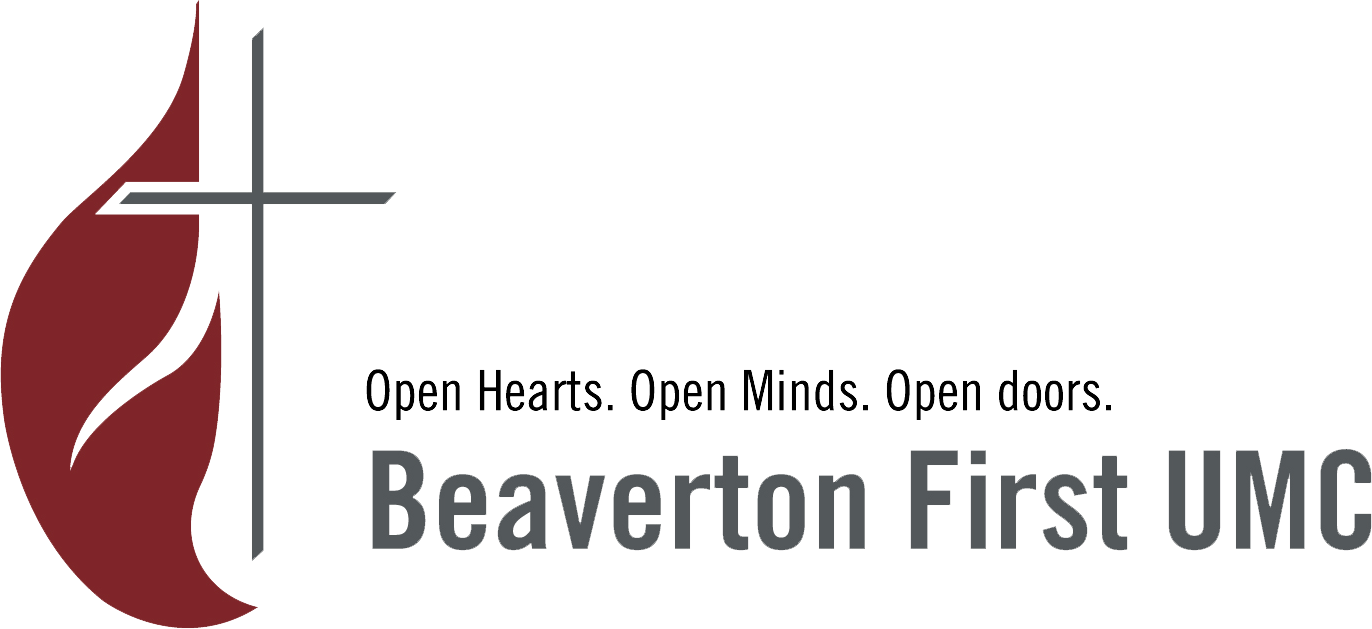Worship is a central part of the Wesleyan tradition, which is based on the teachings of John Wesley, the founder of the Methodist movement. Wesleyan worship emphasizes the importance of the heart, the use of hymns and music, preaching, and the monthly celebration of Holy Communion.
Traditional Hymns
One of the most notable features of Wesleyan worship is the use of hymns and music. John Wesley believed that hymns were a powerful way to express the heart’s devotion to God. He wrote, “Above all sing spiritually. Have an eye to God in every word you sing. Aim at pleasing him more than yourself, or any other creature. In order to this attend strictly to the sense of what you sing, and see that your Heart is not carried away with the sound, but offered to God continually” (Directions for Singing).
Wesleyan hymns are characterized by their simplicity, their focus on biblical themes, and their emphasis on the heart’s response to God. Many of the hymns were written by Charles Wesley, John Wesley’s brother, who was a gifted poet and musician. Charles Wesley’s hymns, such as “And Can It Be” and “Hark! The Herald Angels Sing,” continue to be sung by Christians around the world.
Contemporary Music
At Beaverton First, worship takes on many forms. We practice a wide range of worship in order to represent many different types of music and to create a space where all feel comfortable. Each Sunday service includes traditional hymns sung by our amazing choir, hymns that have been altered to be played by our praise team, modern worship music played by our praise team that mirrors the themes in that day’s message, and either a special music or postlude piece where musicians in the congregation are able to individually share their gifts and offer a piece of worship that is distinct.
We believe that worship comes in many forms, and each is pleasing to God when offered up authentically. Thus it is our goal to mirror with our music the many different backgrounds, generations, and worship-styles of our congregation so that all are included in the wonderful privilege it is to worship our God.
The Role of Preaching in Worship
Preaching is also an important part of Wesleyan worship. John Wesley believed that preaching was a means of grace, through which God worked in the lives of believers. In Wesleyan worship, the preaching is focused on the message of the Gospel, and is intended to be practical and relevant to the lives of the listeners. The goal of preaching is to help people grow in their faith and to live out their faith in their daily lives.
Wesleyan preaching is often characterized by its passionate delivery and its use of vivid imagery and illustrations. John Wesley was known for his energetic preaching style, and for his ability to connect with his listeners on a personal level. He believed that preaching should be accessible to all people, regardless of their social status or education level. Wesley once remarked, “I design plain truth for plain people… I labour to avoid all words which are not easy to be understood, all which are not used in common life” (Preface to Sermons on Several Occasions).
The Celebration of Holy Communion
John Wesley emphasized the importance of celebrating Holy Communion as a way of remembering Jesus Christ and coming together as a community to give thanks to God. He wrote, “the bread and wine are commanded to be received, in remembrance of his death, to the end of the world. Observe, too, that this command was given by our Lord when he was just laying down his life for our sakes. They are therefore, as it were, his dying words to all his followers” (Sermon 101, The Duty of Constant Communion).
In Wesleyan worship, Holy Communion is celebrated regularly, often on a monthly basis. In our Church, we use unfermented grape juice instead of wine, and everyone is invited to participate in monthly communion. Wesley also recognized the importance of Holy Communion as a means of grace through which God works in the lives of believers: “As our bodies are strengthened by bread and wine, so are our souls by these tokens of the body and blood of Christ. This is the food of our souls” (Sermon 101, The Duty of Constant Communion).
Conclusion
In conclusion, worship is a central part of the Wesleyan tradition, and continues to inspire Christians today. Wesleyan worship is characterized by its emphasis on the heart, the use of hymns and music, the celebration of Holy Communion, and the role of preaching in the life of the church. Through worship, Christians are able to connect with God in a personal and meaningful way, and to grow in their faith and love for God. As John Wesley wrote, “Is not God a spirit, and therefore to be ‘worshipped in spirit and in truth?’ In this alone can you find the happiness you seek; in the union of your spirit with the Father of spirits; in the knowledge and love of Him who is the fountain of happiness, sufficient for all the souls he has made.” (Sermon 77, Spiritual Worship).
Further Reading






